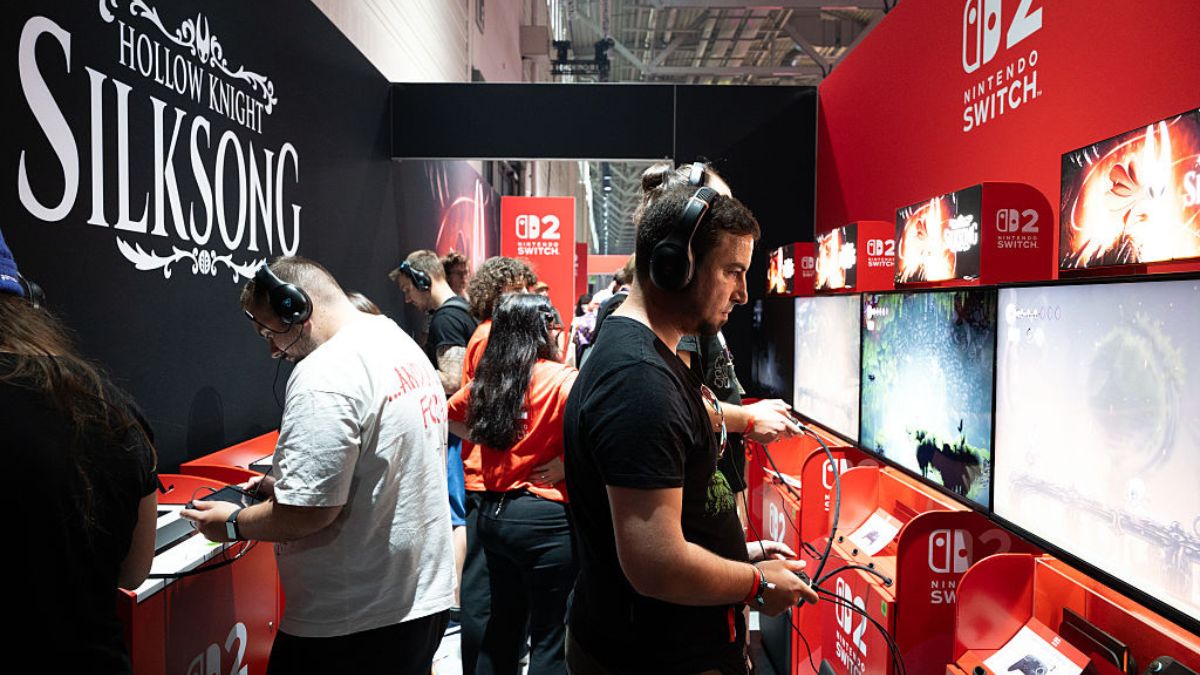
After travelling around the globe to historical locales including Italy, North America and the Middle-East, the Assassin’s Creed series set its sights on 18th century Paris for its latest romp: Assassin’s Creed Unity. In doing so, Ubisoft has honoured its francophone home with a rich, vibrant and action-packed quest, which once again pits the titular Assassins against their rival Templars. It’s a thoroughly entertaining and immersive experience, though one that is unfortunately marred by technical deficiencies.
Although it begins by having the player complete a short memory sequence starring a seemingly random protagonist, it’s not long before Unity introduces its star, Arno Victor Dorian. The suave and cocky son of a man of many secrets, Arno’s quest begins on the day that his father is murdered at one of Paris’ most prestigious venues. At that time, it seems as if the act was done at random and out of cowardice, however, things aren’t always as they originally seem to be.
Following the brief, but playable introduction — which has Arno playing tag and stealing apples with a young lass named Elise — things fast-forward quite a few years, to where a now adult-aged Arno is seen living with his female friend’s prestigious father. The nice man also ends up being murdered, though, and thanks to his uncanny ability for being in the wrong place at the wrong time our hero is accused of his murder and sent to prison, where he’s introduced to the Assassins’ Guild. Thus begins an interesting quest to form an identity and bring all of the guilty parties to bloody justice.
Story-wise, Assassin’s Creed Unity is built around themes of honour, betrayal and mystery. We’re dropped into things without any sort of knowledge as to what exactly is going on around us, and it takes some smart sleuthing before things begin to roll downhill. It all works quite well, though, presenting a campaign that I’ve enjoyed more than Black Flag‘s, and one that at least rivals the series’ best efforts.
A lot of the above has to do with the game’s mission variety. Sure, this is still the Assassin’s Creed that we’ve known for years, but it’s refreshingly varied despite its adherence to previously-established mechanics. Most of all, there’s a notable lack of eavesdropping missions, which were the bane of my existence when I reviewed Black Flag and Assassin’s Creed III. Black Flag relied on them ad nauseam, and it seemed like every other mission tasked me with following a couple of guys and listening to them talk.
Unity also steps it up in the side mission department, or what Ubisoft would call the ‘experience department.’ This comes as the result of work that was put into making both Paris and Versailles feel like living and organic cities. As such, you can expect to not only find people in need of help as you run through the cities’ packed streets, but also Parisian Stories quests that have more depth to them. They’re not revolutionary, but they really do help make the game more immersive, entertaining and realistic.
















Published: Nov 12, 2014 05:51 pm